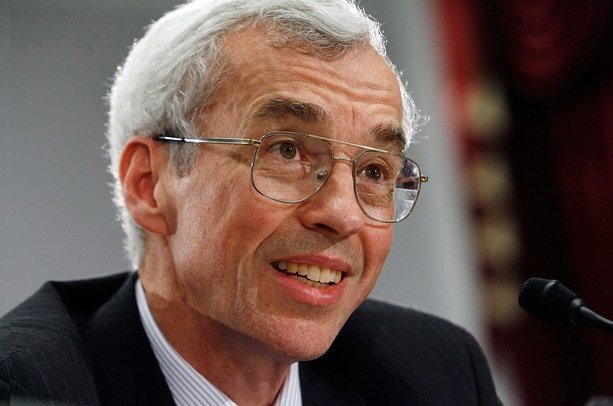
TABNAK reached out to Professor Paul Pillar former CIA intelligence analyst.and discussed the recent difences between Iran and US over uranium enrichment and also recent US and E3 anti-Iran draft resolution in IAEA.
Following is the full text of the interview:
The U.S. and three European countries have prepared a draft resolution to submit to the IAEA Board of Governors that would, for the first time in 20 years, accuse Iran of violating its safeguards obligations under the Nuclear Non-Proliferation Treaty. What is your assessment of this draft resolution, and what are the chances of it being adopted?
There have continued to be serious questions about whether Iran is abiding by its safeguards obligations under the NPT. Certainly the E-3 governments seem convinced that Iranian compliance still falls short of what is required. A Board of Governors resolution is likely to be adopted. This does not necessarily mean there will be follow-up action in the UN Security Council, although that would be a presumed next step if there is going to be any next step.
It appears that if approved, this draft would provide the U.S. with additional leverage during negotiations with Iran. What impact would the adoption of this resolution have on the Iran-U.S. negotiations?
Probably the Trump administration believes this would provide the U.S. with leverage, but this belief is likely mistaken. The resolution would only harden the position of Iran, which would not want to be seen to be succumbing to this kind of pressure.
Axios reported in its article that 'The nuclear deal proposal the U.S. gave Iran on Saturday would allow limited low-level uranium enrichment on Iranian soil for a to-be-determined period of time.' Does this mean the U.S. is accepting domestic enrichment only for a limited duration?
Press accounts have offered different interpretations on this. It is likely that the U.S. interpretation of its own proposal is not yet clearly defined, and this question could go in different directions based on future negotiations. One possible direction is that the "temporary" Iranian enrichment would be part of a JPOA-type preliminary agreement, which would be reached and signed while the key question of whether there would be Iranian enrichment in the future was still unresolved and left to future negotiations. Whether Iran would agree to even this type of provisional agreement would depend on how much sanctions relief was part of it.
Axios also reported that Iran would agree to an enrichment consortium as long as it is located on its own soil. What kind of consortium do you believe would be acceptable to both Iran and the U.S.?
The Iranian government has proclaimed so firmly and so often about the need to continue enrichment on its own soil that it is hard to see how it could back down from that position. Thus, Iran might reject the sort of formula that some experts have suggested, which would have an enrichment facility located in Oman while Iran's role would be limited to the development and construction of the centrifuges. One alternative and intriguing possibility is the location of an enrichment facility on one of the disputed islands in the Persian Gulf. Since Iran claims and controls these islands, it could say that enrichment was occurring "on its soil," while the U.S., which does not recognize the Iranian claim, could say that it was occurring in the UAE.
Given that Iran considers domestic enrichment a red line and doesn't even view participation in a consortium arrangement as a substitute for domestic enrichment, will the U.S. ultimately accept Iran's position on this matter?
Trump very much wants some sort of agreement (especially given his failure to come up with any agreements ending warfare in Ukraine or Gaza). So I think ultimately he will accept some kind of Iranian enrichment, even if it involves a contrived formula such as use of the Persian Gulf islands.